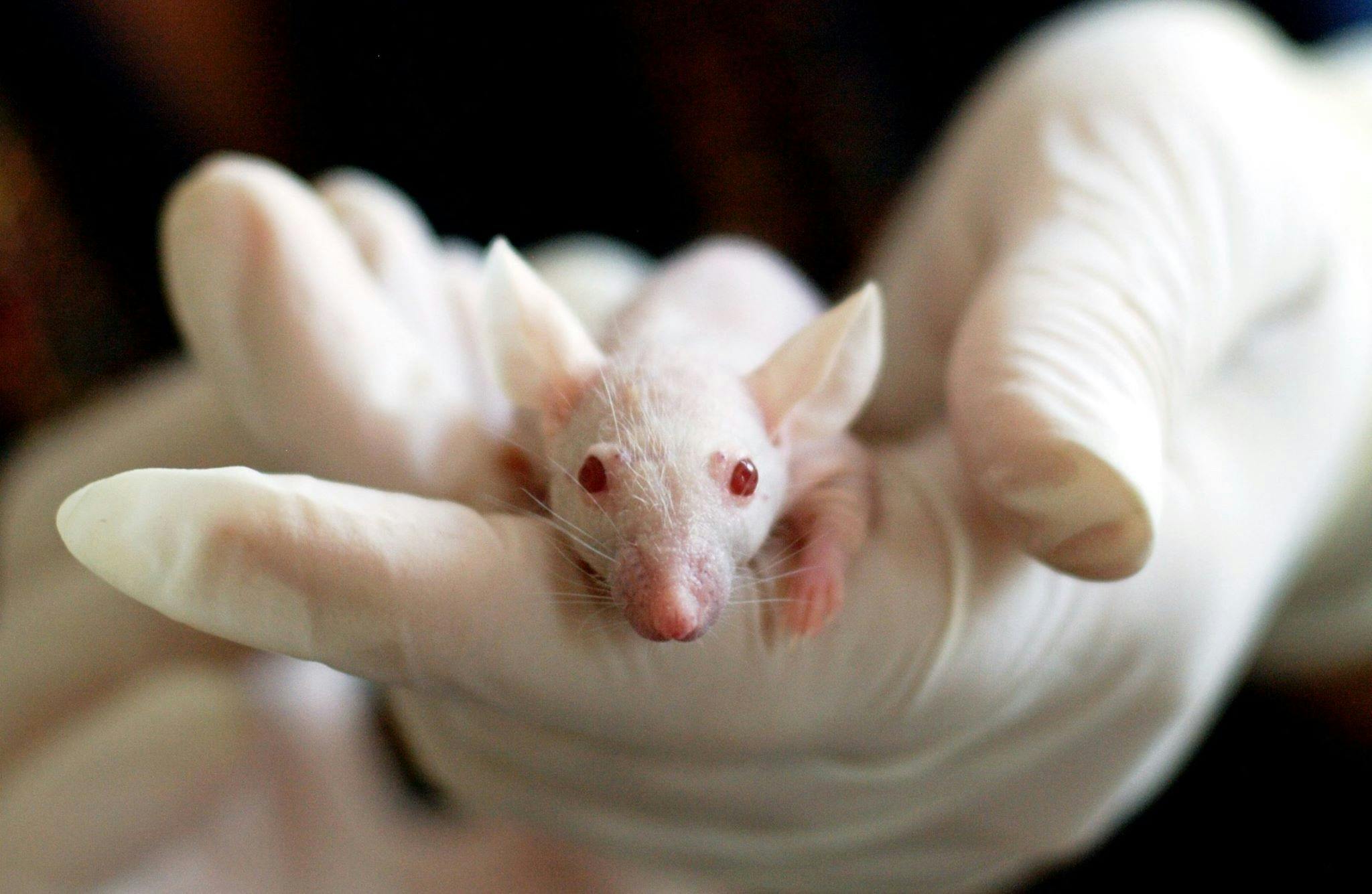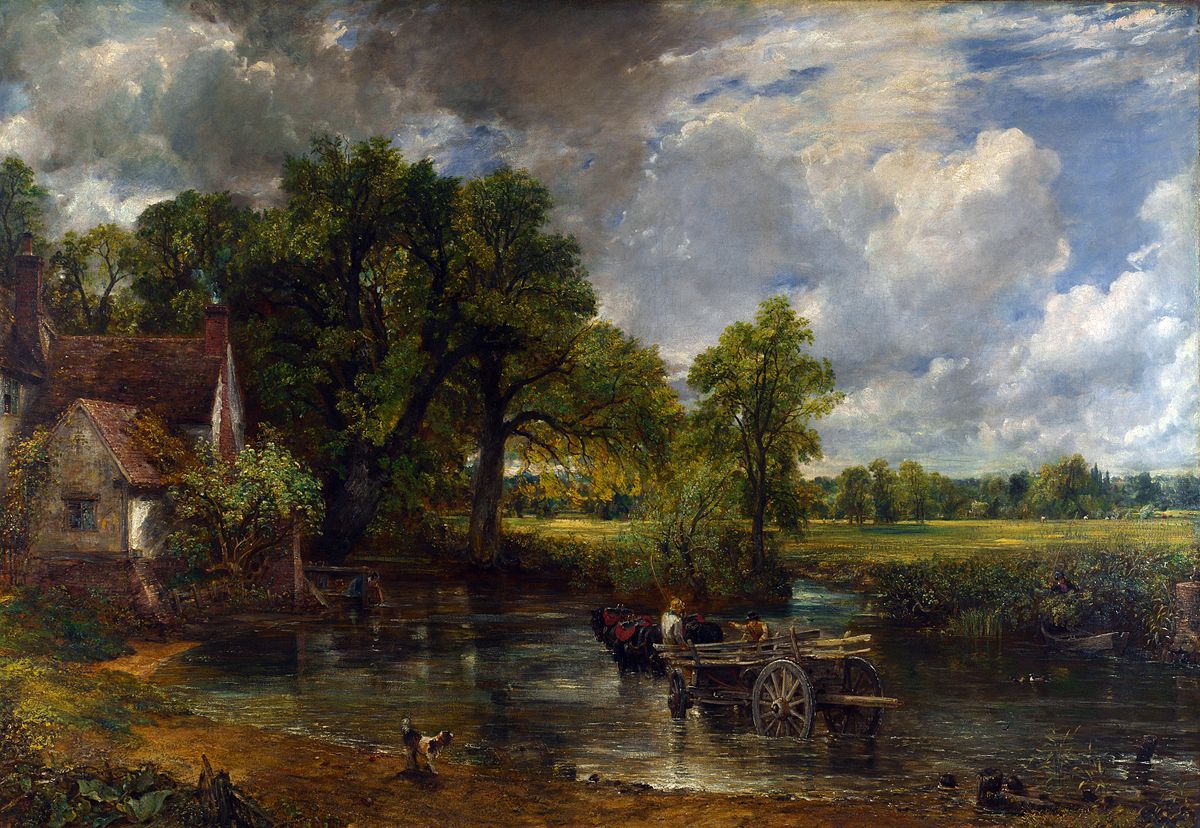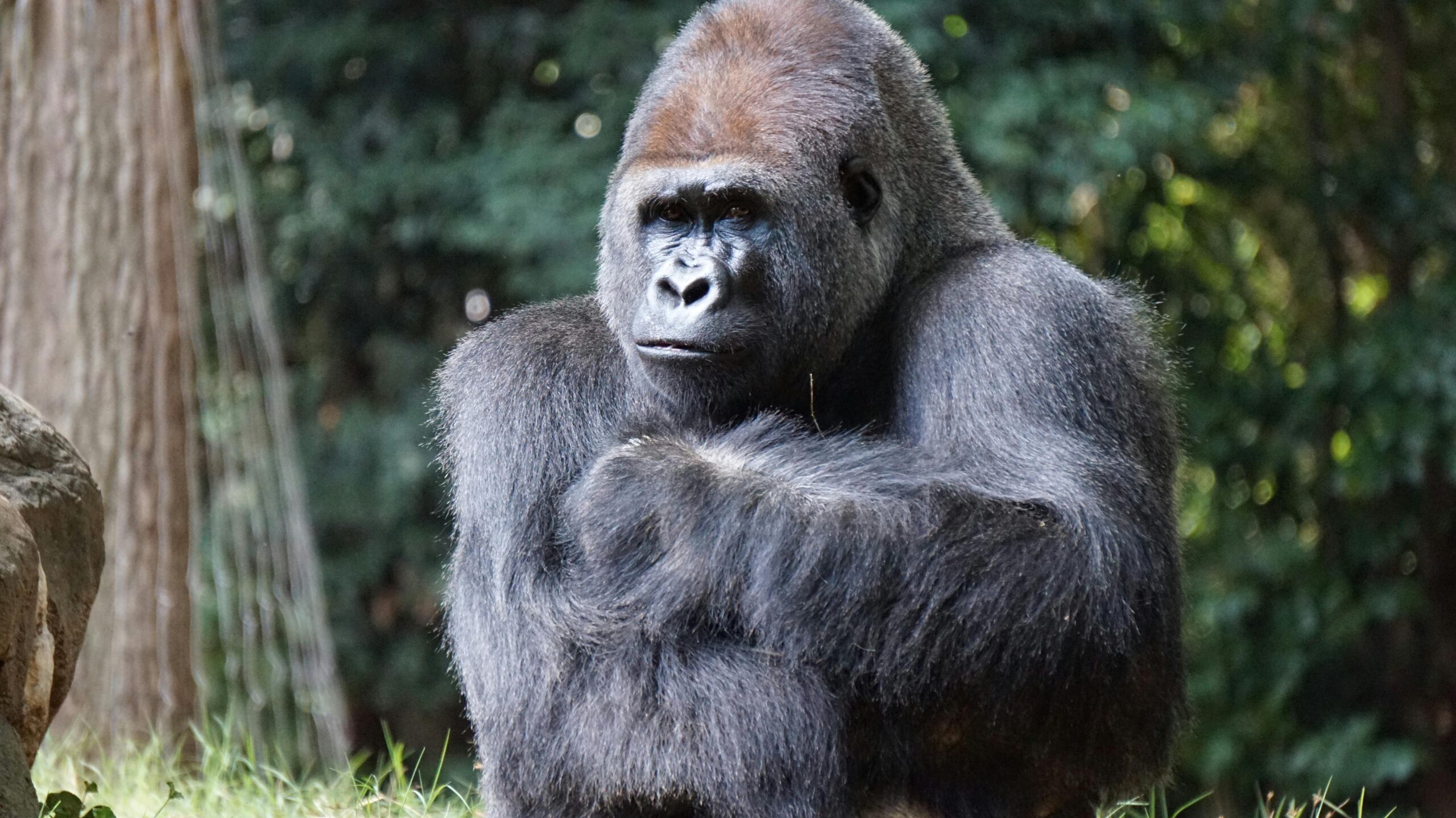July 7, 2024
Incredible Babies, Embryos in Limbo, and the Idol of Choice

Super-babies
Who wouldn’t want an incredible baby? Who wouldn’t want an incredible toddler? An incredible teen? An incredible adult? A suberbaby?
Superbabies are on their way. In a sense it was always going to end up back where we thought we had drawn a line – a eugenics campaign to ensure that only the fittest, smartest and most beautiful would populate the planet. The “Ubermenchen” are here to stay – only they’re about eight decades later than was being predicted.
That was the feeling one gets when reading the article in The Times of London, about the start up company, Orchid, a screening company for embryos on ‘roids. Forget the screening of your child in-utero for Downs, this is the ultimate in future assessment. Except Orchid, begun by 29 year old Noor Siddiqui, is not the future, it is the now.
And when I say future, I mean next level. When I say future, I mean in the way that the best Sci-fi is the future. It takes what is, and gives it a bit of a kick-along to see where it might end. And usually that ending is dystopian. Either ugly, Bladerunner dystopian, or beautiful Her dystopian. But dystopian nonetheless.
And the article about Noor is about the beautiful. Noor is beautiful. Beautiful and rich. She is married to a man who is beautiful and rich. The article is about her after all.
But it’s also dystopian- and a careful critique of a technology that will eventually find its way down the food-chain to the places that you and I shop. Because it will. It always does. Top-end styles always blade-run their way to Target eventually.
So what does the technology do?The Times explains:
We are not talking about simply screening for major birth defects or conditions such as Down’s syndrome — we are talking a full-scale analysis of each embryo’s predisposition towards all the 1,200-plus diseases and conditions about which we currently have genetic information, including a wide range of cancers, diabetes, coronary artery disease and even Alzheimer’s. Based on the results, prospective parents can decide which embryos to implant.
Super-choice
So basically the end result of choice. The end result of predictive testing, as we inevitably knew it would come to. The end result of what might happen when we have the technology to take every bit of chance out of the equation.
And Noor is breezy and easy about it. Have a read of these quotes to get the gist:
She splits the screen so she can compare embryo three — the one with the heightened risk — with embryo five, which shows no heightened risk factor for any disease. So, I say, you would clearly choose embryo five over three. “You can choose whatever embryo you want,” says Siddiqui, who is hypersensitive to any suggestion that Orchid’s services have any similarity to eugenics. But embryo three would be an unusual choice, wouldn’t it? “Sure,” she concedes. “But embryo three knows at age zero to screen early for cancer.”
And this:So far, Siddiqui has frozen 16 embryos.
“Unfortunately, almost all are girls.” Just two are boys — and one of the boys is at a heightened risk for prostate cancer. Not that that in itself is a deal breaker. “But if you want to have two boys, then you should probably have more than two embryos. Basically, each embryo has a 70 per chance of becoming a baby.”
Sorry girls, in this new age you’re most likely to be screened out. Or “exposed” as the Roman pagans called it. And hey, possible prostate boy, you aren’t going to be that man dribbling into the bowl in his early sixties.
The article oscillates between frightening and funny. So we read this about Noor herself:
I rarely feel like the grown-up in any situation that involves organisation, but after a chaotic day with Siddiqui, I almost feel like a babysitter. The location and time of the interview change so often I lose track; patients and doctors whom she has lined up to speak to me suddenly evaporate. She doesn’t know what number apartment Bucher lives in — so we end up knocking on multiple random doors while she tries to contact someone 5,000 miles away who might have the address. Except her phone’s battery dies and she doesn’t have a charger. At one particularly low point in the day, I find myself stuck in a fire escape stairwell with her, unable to re-enter the main building because the door has locked behind us.
Dunno about you, but if predictive testing can screen for “ditziness” I’m screening her out for sure. Though I guess Noor’s day, and the journalist’s, didn’t end up as predicted.
Super-future
Which is just the point. As I read the article, once again it came back to the old, old story of trying to play God. Trying to predict as many outcomes as possible to ensure that things work out exactly how I would want them to work out. And who would blame people in this age of uncertainty? As I have written in my latest book, Futureproof
We can predict trends and patterns. We can watch decisions made in one year come to their logical conclusions in the next. But the pace of change and the sharp turns mean many of us are suffering from a cultural nausea. It would take an exceptionally confident person to say with any certainty what the next five years will look like, never mind the next. The future is a roller coaster, not a cable car. Strap yourself in!
Who wouldn’t want a cable car in this age? A cable car of stability that leads us to the pinnacle of humanity, rather than the rollercoaster which threatens our very existence? Order is on the cards. And who could blame the Noor Siddiquis and her rich friends?
Seismic shifts in politics every couple of years – left to the right, left to the right, left-right, left-right, left-right, links-rechts, links-rechts… You get the picture.
And it’s interesting that this is end game of taking baby making out of the sexual act. What is one of Orchid’s slogans?:
Sex is for fun. Embryo screening is for babies.
The ultimately breaking of one part of God’s good intention for marriage. Every part of the marriage debate/debacle over the past few decades has been to destroy the God-givenness of it. Not to destroy God of course. But to become gods ourselves. And the more godlike we become the less like God we become.
Orchid is also working on a technique that can determine whether an embryo – er “baby” – is predisposed to addiction. An addiction to drugs obviously, not shopping for expensive brand travel luggage. An addiction to porn? That might have to wait. There’s not way of testing for character or predispositions that deep. Yet. And even so, Siddiqui’s breezy optimism comes to the fore once again:
I think this is something that society has been waiting for. For generations. So much had to develop in the history of humans for us to be able to get here. It’s up to us to decide the morality and how it’s used.
So breezy it’s more of a chill wind. It’s up to us to decide the morality. Isn’t that where it always lands? Isn’t that the sad and depressing side of this beautiful apocalypse? It’s up to us. That’s the goal. And since we have no safety brake on morality, we know how it’s going to be used. We’ve seen it before in the early part of the 20th century. And here we are again one hundred years later and we dismiss the last century as an aberration. We’ve “learned”.
Not that the journalist in question, Helena de Bertodano, lets her off the hook. That ditziness description is kinda cute and kinda cutting at the same time. And there’s always this:
Although a lot of what she says makes good sense, I find that anyone I talk to about Orchid almost physically recoils when I try to explain what it is doing.
Super-revealing
That’s the “tell” right there. The recoil. The inbuilt God-given “image of God” thing in us that instinctively knows right from wrong. Until of course, good marketing, selfish interest and a desire for control kick in.
You read articles like this, oscillating between dystopia and utopia and you realise how mixed we are. How we can no longer tell what is evil and what is good. How we simply assume that we can be who we wish to be. Nothing about us has changed since the Garden.
If Orchid could find a way to screen out our weak disdain for eugenics, or if it could find a way to screen out empathy (or if its dark-web equivalent could and probably will), then one could create any kind of human one wanted to do whatever one wanted that kind of human to do. But clearly I’m talking dystopian Sci-fi here. Ain’t gonna happen right?
When the Tower of Babel was being built, God messed up the languages/communications of humans, because He said that nothing would be impossible for us. Nothing we couldn’t do. Given enough ease of communication, given enough peace in the world, we wouldn’t revert to reverent worship. We would become gods.
If you think that the disruptive chaos and churn in our world is simply a curse, then think again. What could we not do if all of the chaotic variables were removed? God has limited us. God will continue to do so. Noor Siddiqui’s Orchid start up is a direct challenge to that.
What it can’t predict of course is her superbaby, or superteen, getting into the driverless car of his choice, before being “t-boned” at high speed by a drug-addled, poorly visioned regular unscreened twenty year old from the wrong side of the tracks on his way to score.
If only Siddiqui could find the gene for eternal life, she might be on to something. Failing that, in a godless world in which we wish to be god-like, she’s in just as much of a crap shoot as the rest of us.
Written by
There is no guarantee that Jesus will return in our desired timeframe. Yet we have no reason to be anxious, because even if the timeframe is not guaranteed, the outcome is! We don’t have to waste energy being anxious; we can put it to better use.
Stephen McAlpine – futureproof
Stay in the know
Receive content updates, new blog articles and upcoming events all to your inbox.


